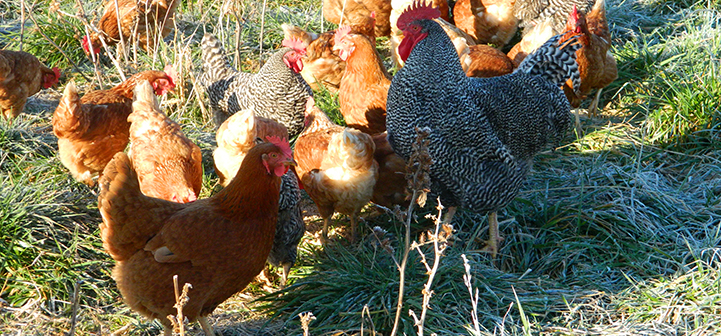Written by: Dr. Jacquie Jacob, University of Kentucky
It is common for free-range chickens to consume earthworms. Earthworms are a good-quality protein for use in animal feeds, but the use of earthworm meal is impacted by economics. The large-scale production of earthworms is feasible with available technology, but separating the worms from the organic wastes they are growing in is labor intensive. As a result, the use of earthworm meal has been limited in developed countries. However, the potential exists for the production of earthworm meal in developing countries where labor costs are lower.
The nutritional profile of earthworm meal is comparable to that of other protein sources currently used in poultry feeds, especially that of fish meal. Earthworms are high in lysine and have a good profile of methionine and cysteine and of phenylalanine and tyrosine. In addition, earthworm meal is high in essential long-chain fatty acids that contain a range of vitamins and are particularly rich in niacin.
When earthworms are grown for use in animal feeds, the medium in which they are growing must be monitored carefully. The earthworms can ingest and absorb heavy metals and other pollutants that can be passed on to birds that consume the worms.

